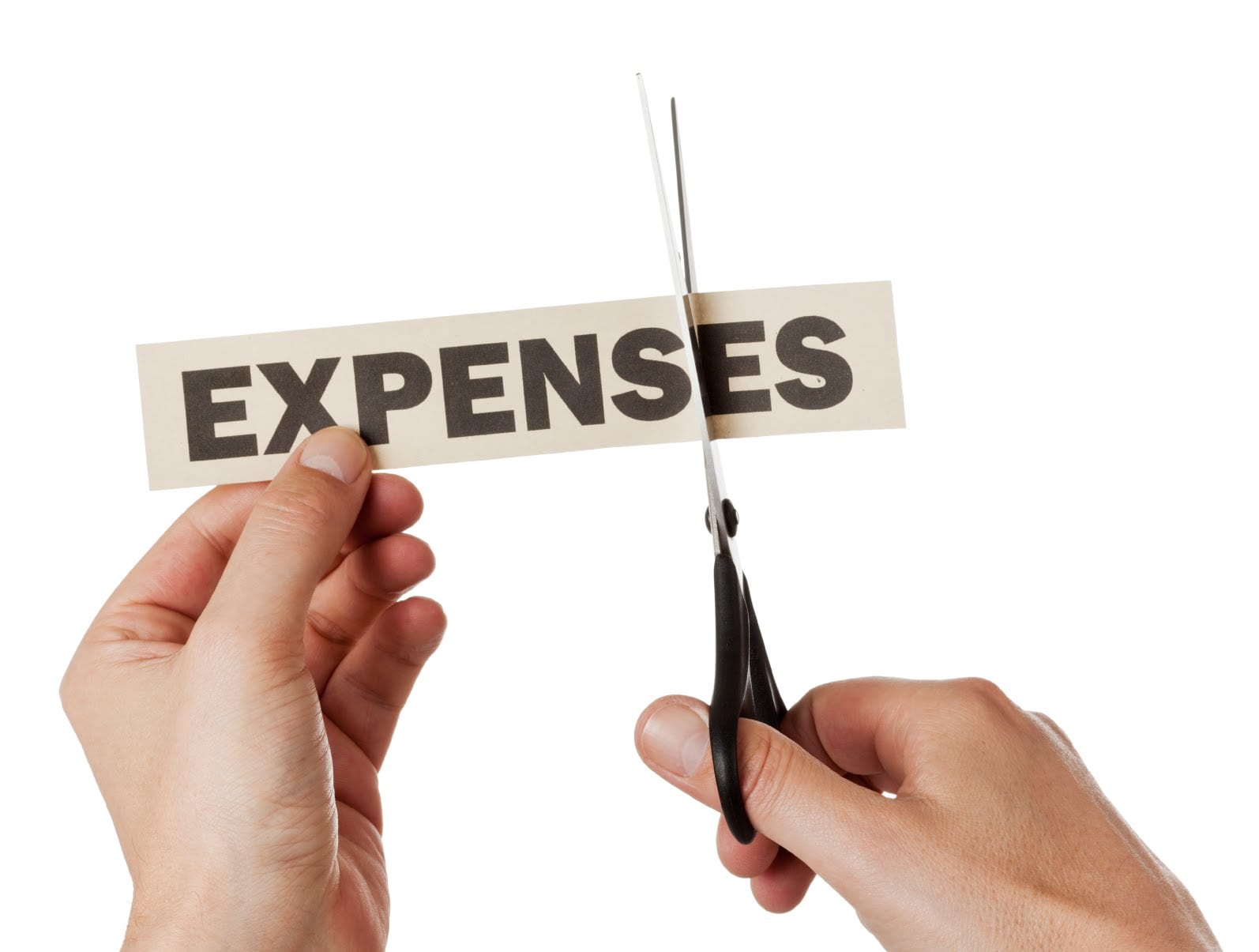If you were born after 1970, chances are you are personally experiencing your first real economic recession. The boom years of the 1990s are but a fond and distant memory – and it seems that every day presents yet another hit to your wallet.
Every facet of your life is being impacted – rising oil and gasoline prices, home energy costs, food expenses, substandard mortgages and astonishing foreclosure rate, decreasing home and portfolio values, high credit balances, bank failures – the list goes on and on.
Now is not the time to stand idly by, hoping and praying that someone else will turn this all around. Decisive, committed financial planning on your part is critical to surviving and actually thriving in a recession.
Yes, we are indeed surviving a recession. We are making it through whether we are homeless, rent, or own our home. We are getting by somehow whether we are earning low-paid income, high paid income or are simply unemployed. One that we all have in common is that we are all paying much more attention to how much money we are spending. We are all avoiding luxuries and cutting necessary stuff.
We are learning the good old habit of saving. We are reminding ourselves of our ancestors and how they used cash for paying stuff. We are recalling our grandfather who saved up all the necessary money before buying a car.
If never before it is now that we are learning the basics about finances. We are learning these ropes now. But they say that it is never too late to learn. We are all cutting on our living expenses through different creative ways. We are first cutting down on our electricity and gas bills as that is something we can control if we can not control how long we are going to have a job. And they say it that people like to feel in control and stable as it contributes to better mental health.
We are forced to cut our grocery bills. We are starting to tend to our own gardens in order to get those fresh products and of course save on our grocery bills. This makes us feel that we are just fine as long as we have some food and can stack up on some food. We are learning now for the first time for some to live on essentials. And we are not less happy because life has seen us all through good and bad. We just appreciate our jobs and our families more when we see that the whole world system of economy is breaking apart.
Hopefully, this recession will make us healthier due to all these sacrifices and will teach us how to live a more balanced lifestyle that does not revolve around materialistic desires and wants. We are learning how to delay our gratification rather than to be dependent on immediate gratification. Slowly but surely we are getting rid of the credit cards as we are figuring that cash or debit cards work much better for us as they don’t charge us as much. We are finally getting back to our core values and our friends and families.
We’ve witnessed first hand that the bank can never replace your good friend as it is looking after its own interests first and that you should avoid its company. The best witnesses of that are our neighbors who lost their homes due to bad credit situation and are now facing the street. Rather get back to your friend and family who really and truly care about you and would not take advantage of you and your ignorance. Hopefully, we can come out of this experience smarter as God is definitely teaching us lessons on how to take better care of ourselves in the future and where our priorities are in life.
Here are eight easy steps you can take to get your hands around your finances in this economic meltdown:
1. Practice “necessity” driving.
Gasoline prices have become a large percentage of our monthly expenditures. Conserve that pricey tank of petrol by modifying your driving and shopping habits. Complete errands, such as picking up prescriptions or weekly grocery shopping, on your way to work, or during the trip home. Better yet, many pharmacies will mail your prescriptions to you at no cost or will deliver them to your home for less than what it would cost for you to pick them up yourself.
Instead of making a special trip to the post office to drop off Mom’s birthday gift, go online and arrange for home pickup by your local postal carrier – it’s convenient and best of all – it’s free. Take advantage of online shopping sites that offer free shipping – you can often save money by price comparisons or price matching and it won’t cost you a cent to have the goods delivered right to your door, which saves time and money.
2. Conserve home energy costs.
This is just simple math – use less and save on your monthly utility bill. Turn up or turn off your air conditioner in the summer; turn down your heat in the winter. Replace your incandescent light bulbs with energy-efficient compact LED bulbs and save 75% on your lighting costs. Use your grill more often and your oven less. Turn off any appliances and/or electronics that are not in use – such as computers, printers, cameras, and cell phone chargers. Wash larger loads of laundry one or two times per week, instead of small loads, every-other-day. Forego the dishwasher and wash your dishes in the sink – yes, I said it, just like when you were a kid.
3. No more take-out meals. Eat at home.
Americans are eating more takeout foods than ever before. In 1994-96, 32 percent of American families ate four or more weekly meals at restaurants or fast food joints, instead of preparing and eating meals at home. No wonder obesity is at an all-time high in the United States.
Boycott fast food and make a commitment to prepare all of your meals at home. You will know what you are consuming, it will contain less calories and you will save gas driving to and from your favorite eating establishment.
4. Stay put in your existing home – refinance ARMs and substandard mortgages to a fixed rate.
Needless to say, it’s a buyers’ market – it makes financial sense to stay in your existing home if you want to get ahead. Don’t succumb to the pressures of property value shrinkage – your home is still your best investment – do whatever is necessary to keep your mortgage payments current – if that means getting a second job to stay above water, then do it. If you have an adjustable rate mortgage or an interest only mortgage, make a serious attempt to refinance that mortgage to obtain a fixed rate.
5. Accumulate accessible, tangible assets such as precious metals – stay out of the stock market.
Gold and silver is still very affordable and as the recession deepens, the value of precious metals continues to increase. Gold and silver bullion is an excellent hedge against inflation and recession – if you can afford it, put 10% of your assets into precious metals. Gold and silver can be purchased tax-free and if you hold for the long run, you may actually realize a genuine profit. The stock market is not the place to be these days – too many speculators and too much volatility have ruined it for the common folk. If you have more than 10 years to your retirement, however, maintain a strong position in stocks in your 401k – your return should be about 10% over the next 10-20 years.
6. Pay off high-interest credit card debt and pay cash for what you need.
As of June, 2007, the median U.S. household income was $43,200 and corresponding credit card balance is now almost 5 percent of their annual income, or $2,160. (Source: Federal Reserve). The average credit card interest rate is 12.32%. (Source: IndexCreditCards.com). If you pay the minimum payment each month, it will take 12 years and three months to pay off the debt and you will spend an additional $1,561.17 in interest on that amount.
Resolve to pay off your credit card debt – you are making someone else richer by using these cards to pay for your necessities. If you can’t pay cash for an item, then you either don’t need it, or you need to downsize your monthly discretionary bills so that you can afford the basics.
7. Rid yourself of monthly discretionary debt.
Somehow, our parents survived without cell phones, cable TV, and high-speed Internet. If you are technologically poor, maybe it’s time to cut loose some of these conveniences – at least until you have paid off your credit cards. Your 10-year-old really doesn’t need his own cell phone, nor do you need 300 channels on your television. Examine your monthly bills and determine where you can trim the fat. You will be surprised at how much you can save each month.
8. Store your savings in more than one financial institution.
IndyMac Bank, a once successful mortgage firm that aided in the early 2000’s housing boom, was seized on July 11, 2008, by the FDIC, who is on the hook for IndyMac’s poor lending practices at the tune of $4 – $8 billion.
Most people are fully aware that the FDIC insures up to $100,000 per person on qualified accounts. At IndyMac, approximately $1 billion in deposits at the bank were uninsured, impacting 10,000 depositors. We just never thought that this would happen and trusted the U.S. economy to keep our funds safe.
Get educated about the FDIC’s insurance limits and how it may impact your particular situation – and do it today. For every high-profile bank like IndyMac, there are thousands of smaller banks across the country with similar solvency problems.
It is never too late to take control of your finances. By doing so, you will ensure that you and your family will survive the worst of economic times.








